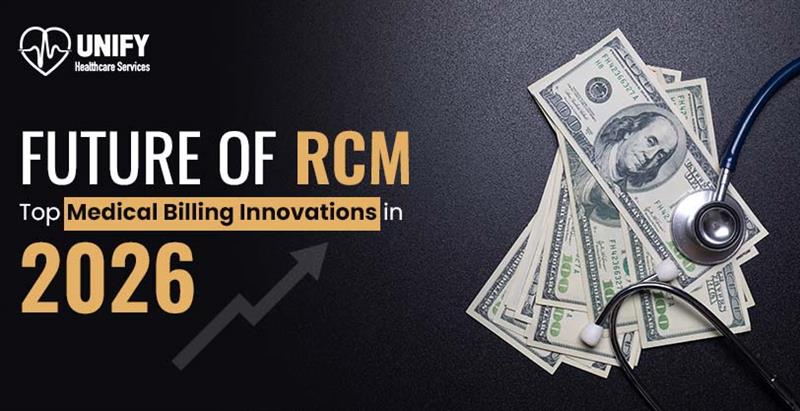If you want to stay in business, coding and billing are the backbone of any healthcare organization if it wants to stay in business. Billing for Ambulatory surgery centers is a bit difficult as it is regulated by various federal as well as state regulatory bodies.
The regulation for ambulatory services covers all aspects including daily operations and payment policies. A majority of patients who need ambulatory surgery are beneficiaries of Medicare, hence it becomes a mandate for these centers to comply with the regulations set by Medicare.
Ambulatory centers must also be in compliance with other laws including the Health Insurance Portability and Accountability Act (HIPAA). Ambulatory Services Centers take care of outpatient surgical services using CPT and HCPCS Level II codes. However, some private insurance providers may also allow ICD codes to be used for reimbursements.
What are Ambulatory Surgery Centers?
Ambulatory surgery centers are facilities designed specifically for outpatient surgical procedures. These centers are also known as day surgery centers. The procedures may vary depending on the nature of the center and the treatment location.
Healthcare organizations can provide Ambulatory services; however, it must first sign an agreement with the Centers for Medicare and Medicaid Services.
Coding for ASC
The guidelines and provisions for ASC billing and coding are a tough nut to crack. It requires immense expertise if you want to address any sort of mistake or error. You must be well-versed in all the guidelines and codes related to ambulatory services. This plays an important role in setting up ASC billing and coding for your practice.
Ambulatory Service Center Coding & Payment
Medicare has a properly defined payment classification system for all the services rendered in the outpatient process. For every Medicare-covered service, specific CPT codes have been assigned that carry relatively similar weightage as any other procedure done under an outpatient system.
By using these ASC conversion factors, these codes can be translated to a standard payment. Under the same provisions, every claim can cover various outpatient procedures. Some additional services which are important for the procedures including imaging might also fall under insurance coverage.
These additional procedures must be billed under the same package system for every claim.
Payments are not made at the same rate for each procedure if multiple procedures have been billed under a single claim. In such a case, Multiple Procedure Reduction Policy comes into play where the first procedure is paid at 100% of the allowed rate while the additional procedures are paid at 50% of the standard procedure rate.
HCPCS II Codes for Devices & Drugs
These codes are used for the devices and drugs coverage in Ambulatory services centers. CMS has a list of HCPCS II devices and Drug codes that can be used in all settings including ASC.
However, when these devices are used in ASC in an outpatient setting, they must be billed with different device C codes.
Ambulatory surgical center billing and coding utilizes current procedural terminology codes to document and bill for procedures performed in the facility accurately. Let's learn about some CPT codes used in ASC billing and coding.
1. CPT Codes for Surgical Procedures
10000-69999 Range: - These codes cover an array of surgical procedures performed in ASC’s including:
- Excision of Lesions or Tumors
- Repair of Fractures
- Arthroscopy Procedures
- Endoscopic Procedures
- Laparoscopic Procedures
2. CPT Codes for Diagnostic Procedures
70000-79999 Range: - These codes are used for the diagnostic procedures such as
- Diagnostic Endoscopies
- Diagnostic Colonoscopies
- Diagnostic Arthroscopies
- Diagnostic Laparoscopies
3. CPT Codes for Anesthesia Services
00100-01999 Range: - These codes fall under anesthesia services provided for surgical procedures in the ASC.
4. CPT Codes for Ancillary Services
80000-8999 Range: - These codes cover various ancillary services such as
- Pathology and Laboratory Services
- Radiology Services
- Rehabilitation Services
Cpt Codes for Supplies and Materials
99000-99091: - These codes represent the supplies and materials used during the procedures in ASC.
Simplify HCPCS & CPT Codes in ASC Billing
There are over 10,000 CPT codes and a variety of Level II HCPCS codes. However, only a fraction of these codes are generally used in ASC’s. The challenge comes for billing departments, which is to make sure that they use the most updated codes. Achieving the highest level of specificity based on patient’s care without over-coding.
For some small ASC’s it can be a lot of work to keep up with the constant changes in these codes to ensure that the bills go out quickly and accurately.
Easily & Efficient Bill for Covered Medicare Services
CMS has set rules and guidelines for claim submissions. The number of Medicare beneficiaries increases every year, and all the guidelines must be met for quick and accurate payments. For a variety of ambulatory service centers, Medicare is a large portion of total claims making it an essential revenue stream.
Key Elements of ASC Billing & Coding
Medicare Claim Submissions
Ambulatory Services Centers have a different set of billing rules. Some intermediaries provide detailed guides while others provide a list of links to the CMS websites. If an ASC wants to reiterate, they must not report separate line items, HCPCS Level II Codes, or any other charges for procedures or any medication into the payment covered for the surgical procedures.
CMS strongly supports billing for drugs and biologicals for separate payments. ASCs must report supplies with the correct HCPCS Level II code along with the number of units on the claim form.
Coding for ASC
Coding for Ambulatory Surgery Centers is a specialty in itself. It is supposed to be a facility service, however, Medicare needs ASCs to send their bills to the professional fee payers using the facility fee claim form.
There are a different set of regulations and bundling edits for ASCs. The majority of ASCs use the same codes as the surgeons but that can lead to negative revenue. The rules here are different for ASCs than for surgeons or hospitals. Even a simple modifier used incorrectly can deliver a huge blow for clean claims for thousands of dollars.
Approved Surgical Procedures
You cannot perform any procedure in the ASC setting for Medicare patients. Medicare has a set list of procedures for the ASC that CMS has determined. According to CMS these procedures are not significantly risky and do not need an overnight stay for the surgical procedure.
Medicare publishes the list of covered procedures annually and updates it quarterly if necessary.
This list of approved procedures is based on the following criteria:
- The procedures that do not involve life threat
- They cannot be performed in the physician's office
- They can be electives
- They might be urgent
- The procedure will not result in blood loss
Simplify Your Ambulatory Services Center Billing
Unlike other medical billing procedures, the complexity of Ambulatory billing is on a whole new level. Paving your way through the complexities of Ambulatory billing is a hectic and time-consuming process.
This is where Ambulatory billing and coding companies such as Unify Healthcare Services help you maintain a smooth and increasing revenue.
Unify Healthcare Services is a well-regarded medical billing company that has a list of numerous satisfied clients. Our experienced billers and coders are well-versed in all the coding and billing guidelines. This ensures that all the claims filed are accurate and precise to the maximum level.
We ensure that our medical partners are always reimbursed on time so that they can focus solely on patient care. This in turn increases the footfall which improves your revenue.

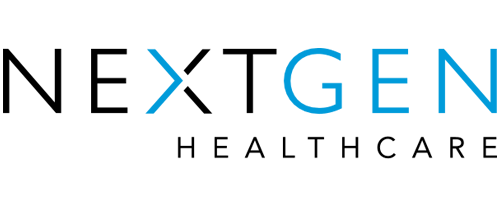
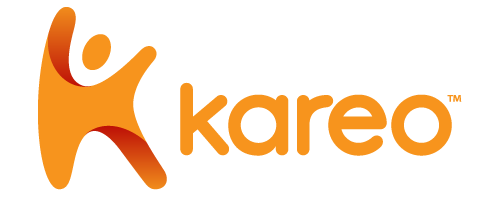



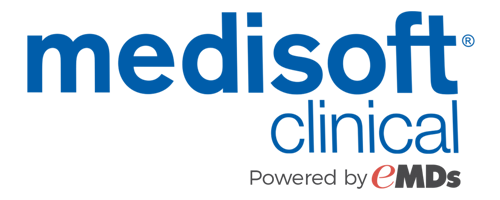

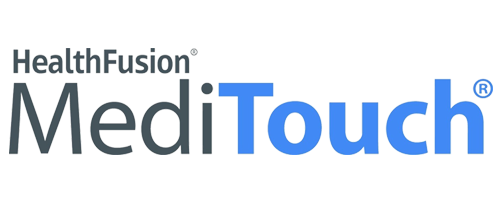
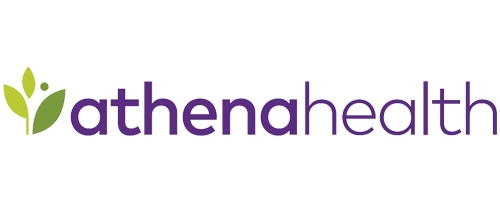

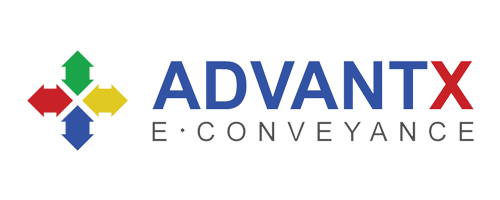
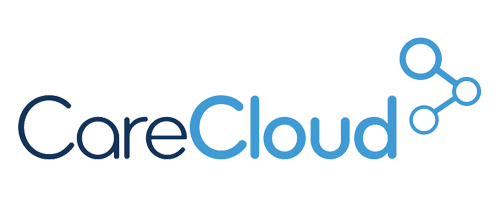
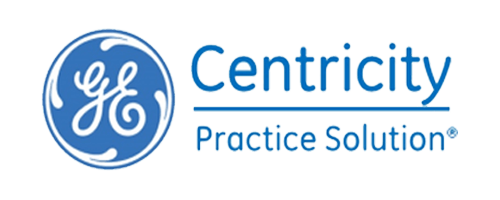
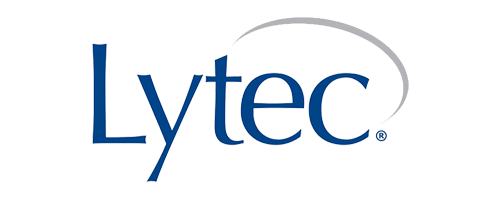

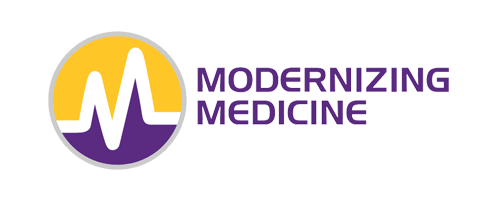
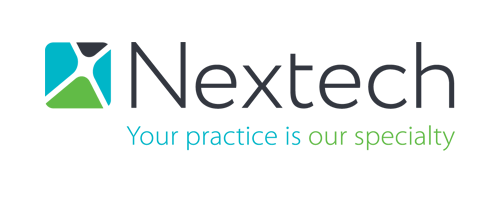
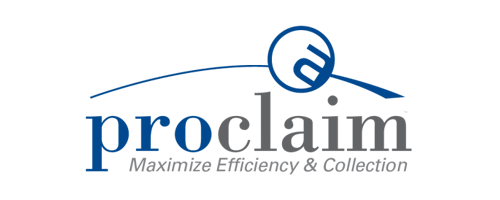

.webp)
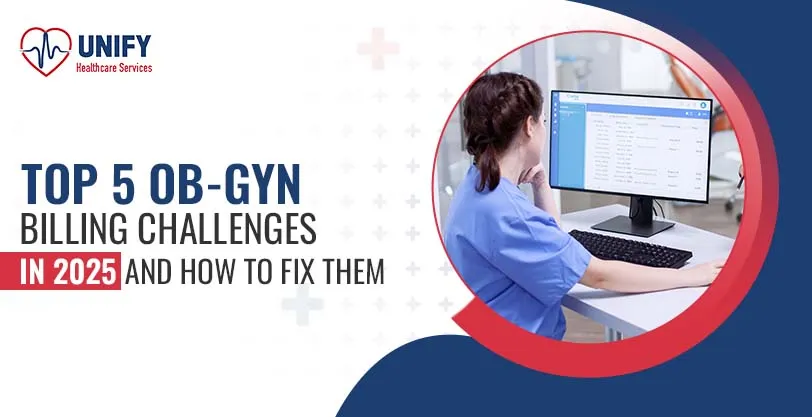

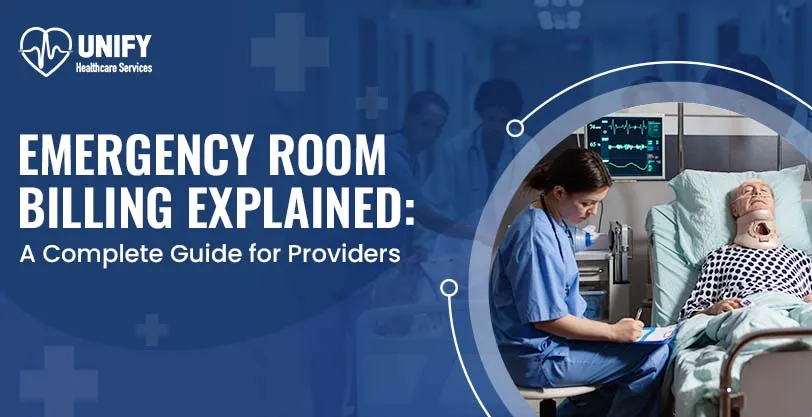
 1.jpg)
